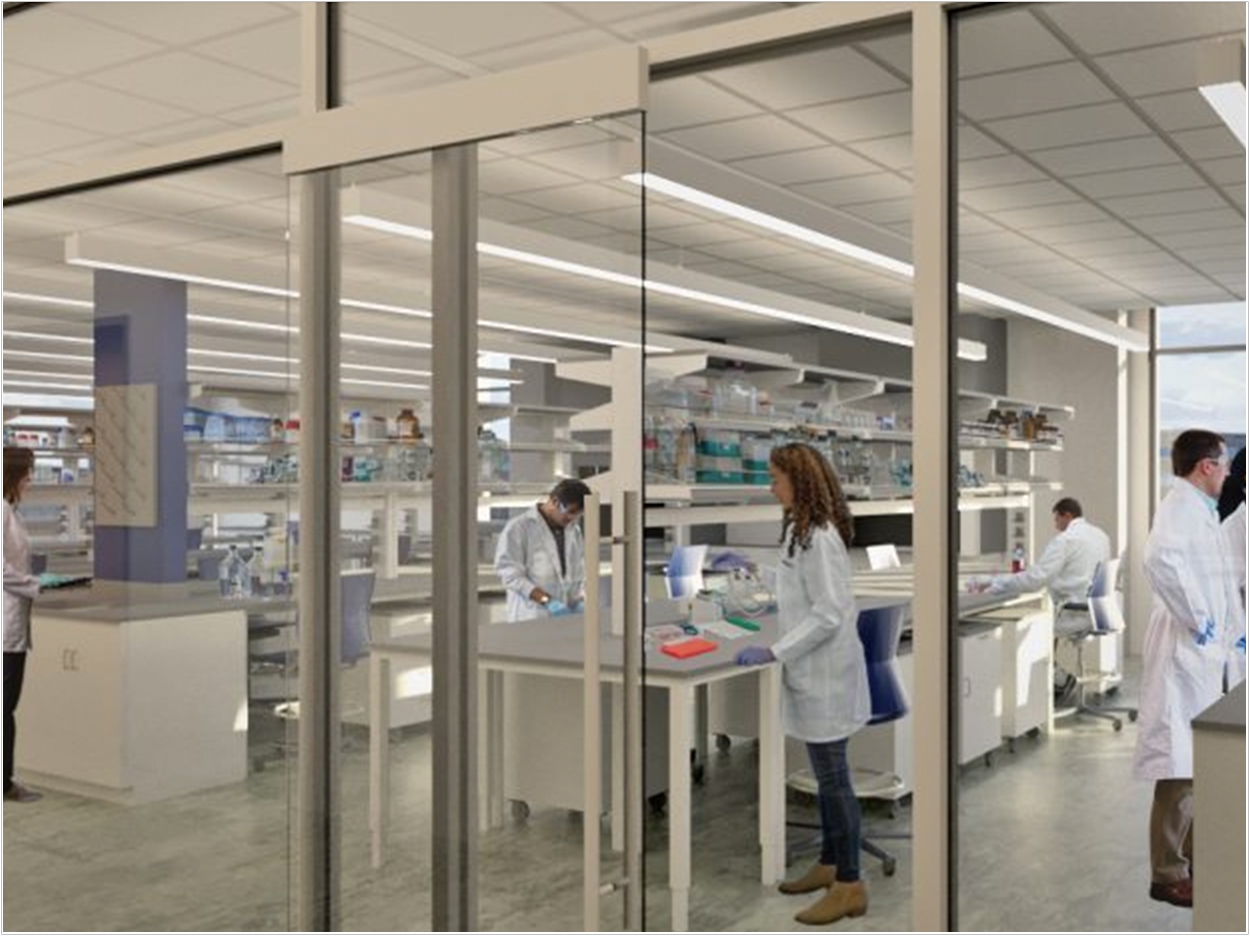
A new transdisciplinary faculty research cluster in Inflamm-Aging and Brain Aging will be the focus of a three-year recruitment effort to grow Augusta University’s research footprint.
Beginning in fiscal year 2022, the university will initiate cluster recruitment for two research faculty positions within the Medical College of Georgia (MCG) and one research faculty position within the schools of Computer and Cyber Sciences, the Dental College of Georgia, and the colleges of Nursing, Allied Health Sciences, and Science and Mathematics.
The university expects that number to grow in years two and three with the anticipated recruitment of two additional faculty positions within MCG and one additional position in the other participating colleges each year.
As the university seeks to be a top-60 institution funded by the National Institutes of Health (NIH) by 2030, priority recruitment targets will include individuals with NIH R01 or equivalent status, a mechanism used by the NIH for health-related research and development.
The university also said it intends to use mechanisms such as endowments to recruit productive and accomplished research faculty nationally.
“If we’re going to grow to become a top-60 NIH-funded research institution by 2030, we have to think big,” said Augusta University president Brooks A. Keel, PhD.
“We have to think about how we leverage our collective expertise, knowledge, and resources, to provide continued impact for our communities, state, and nation. As the state’s only public academic medical center, this is what we were made to do,” said Keel.
According to the US Census Bureau, all baby boomers will be older than the age of 65 by 2030, expanding the older population so one in every five residents will be retirement age and outnumbering children for the first time in US history, the university said.
While the World Health Organization estimates that improved life expectancy will lead many adults to live to age 85 and older, the university continued, there is little evidence to suggest that older people today are experiencing their later years in better health than their parents.
Serious diseases like hypertension, cardiovascular disease, and diabetes remain a chief cause of death in aging populations and are often associated with age-related inflammation, the university said.
Dr. Babak Baban, an immunologist and associate dean for research at the Dental College of Georgia, and Dr. Mark Hamrick, bone and muscle biologist and senior associate dean for research in the Medical College of Georgia, will serve as co-leads on the recruitment steering committee.
A new branch o
f aging-related research associated with aging diseases like Alzheimer’s disease, atherosclerosis, heart disease, type II diabetes, and cancer, Inflamm-Aging explores the underlying mechanisms by which these diseases develop and affect pathological changes.
The main feature of the aging process is chronic and progressive inflammation, which is a significant risk factor in morbidity and mortality. While most age-related diseases include inflammation, its potential cause and role in adverse health outcomes is still widely unknown, the university said.
“Finding ways to manage and reduce inflammation could provide remarkable insight into how we approach and prevent age-related disease,” said senior vice president for research Michael Diamond.
“As our population continues to age, coupled with lifestyle factors like exercise and diet, this research will be pivotal to creating health and not simply treating disease,” Diamond said.
Another related field, Brain Aging, is associated with a similar set of diseases and includes specific aspects of inflammation within the brain and how that affects cognitive activities and disease progression.
With MCG’s already existing research expertise in neurogenerative and neuropsychiatric disorders, brain injury, and learning and learning and memory disorders, growth specific to Brain Aging will allow for a more focused effort related to neuroscience and regenerative medicine research.
“We have some of the most talented and sought after scientists in the world, but they can’t do what they do best without the infrastructure to support their work,” said Keel. “Adding faculty with research funding means more staff, lab space, and resources, all of which are essential to growing our research footprint.”
Associated faculty will be located on the fourth floor of the university’s new College of Science and Mathematics building on the Health Sciences Campus and other places on campus where collaboration is possible. However, the university anticipates the need for additional facilities to accommodate the expected growth in funded research.
“We look forward to leveraging this historic initiative to grow support for our research community so they have what they need to succeed in their groundbreaking work,” said Deborah Vaughn, vice president for philanthropy and alumni engagement.
Related Articles
Pandemic Disrupts Oral Healthcare Among Older Adults
Gum Bacteria Linked to Alzheimer’s Disease Biomarker
Even Skipping Just One Day of Brushing Leads to Poor Oral Health


